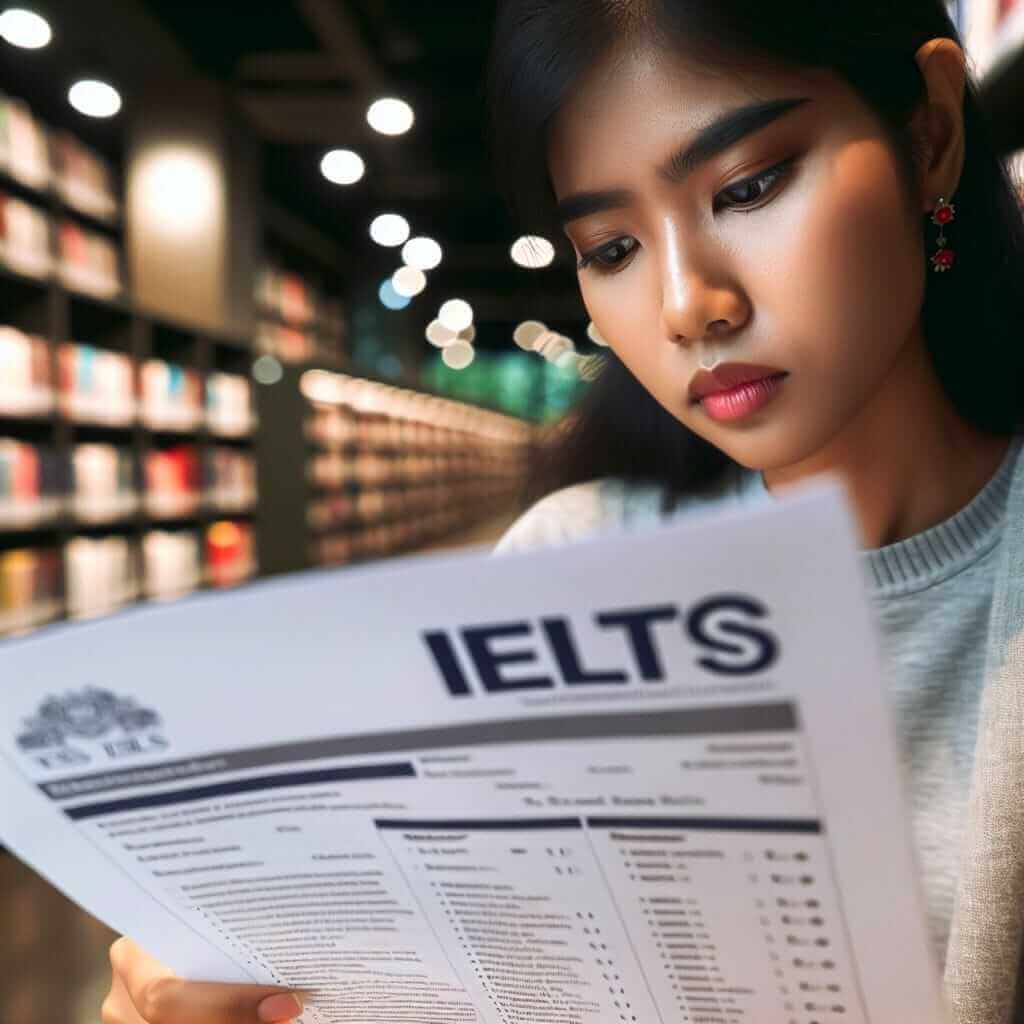As an IELTS instructor with over two decades of experience, I often encounter students fixated on finding “the answers” online, especially for reading passages. Searches like “who crazy ielts reading answers” pop up. While understandable, this approach misses the mark. Let’s unravel this and empower you with strategies for IELTS Reading success.
Deciphering the Keyword Quest
The phrase “who crazy ielts reading answers” likely stems from students encountering challenging passages and hoping for a shortcut. However, IELTS Reading isn’t about memorizing answers. It’s about honing your ability to:
- Comprehend information: Quickly grasp the main ideas and supporting details in a variety of texts.
- Navigate complex language: Decode vocabulary in context and understand grammatical structures.
- Locate specific information: Identify keywords, scan effectively, and differentiate between similar ideas.
Mastering IELTS Reading: Strategies for Success
Instead of chasing elusive answers, focus on building a robust skillset:
1. Vocabulary Enhancement
- Read Widely: Engage with diverse English texts – articles, editorials, scientific journals, etc.
- Context is King: Infer word meanings from surrounding sentences rather than relying solely on dictionaries.
- Active Learning: Keep a vocabulary notebook! Jot down new words, their definitions, and example sentences.
2. Skimming and Scanning Techniques
- Skimming: Read the passage rapidly to grasp the gist, focusing on the introductory and concluding sentences of paragraphs.
- Scanning: When searching for specific information, let your eyes move quickly across the text, looking for keywords or their synonyms.
3. Understanding Question Types
Familiarize yourself with the various question types in IELTS Reading, such as:
- Multiple Choice
- True/False/Not Given
- Matching Headings
- Sentence Completion
- Summary Completion
Each question type demands a slightly different approach. Analyze the question carefully before attempting to answer.
Example: Applying Strategies to a Passage
Let’s imagine an IELTS Reading passage discussing the history of chocolate.
Passage excerpt:
“The Olmec civilization, thriving in Mesoamerica around 1500 BC, were likely the first to cultivate cacao beans. They consumed a bitter beverage made from the beans, often flavored with spices and chili peppers.”
Question: What was the primary use of cacao beans by the Olmec people?
- Using your scanning skills, locate “Olmec” and “cacao beans.”
- Comprehend that they “consumed a bitter beverage” made from the beans.
- The answer is not explicitly stated, but you can infer that their primary use was for a drink.

Tips for Exam Day
- Time Management: Allocate your time wisely – aim for around 20 minutes per passage.
- Stay Calm: Don’t panic if a passage seems difficult. Utilize your strategies and move on if needed.
- Transfer Answers Carefully: Double-check that you’ve accurately transferred your answers to the answer sheet.
Conclusion
Remember, there’s no magic shortcut or secret stash of “who crazy ielts reading answers.” Success in IELTS Reading stems from diligent preparation, strategic practice, and building a strong foundation in vocabulary and reading comprehension. By focusing on these areas, you’ll be well-equipped to tackle any passage that comes your way.